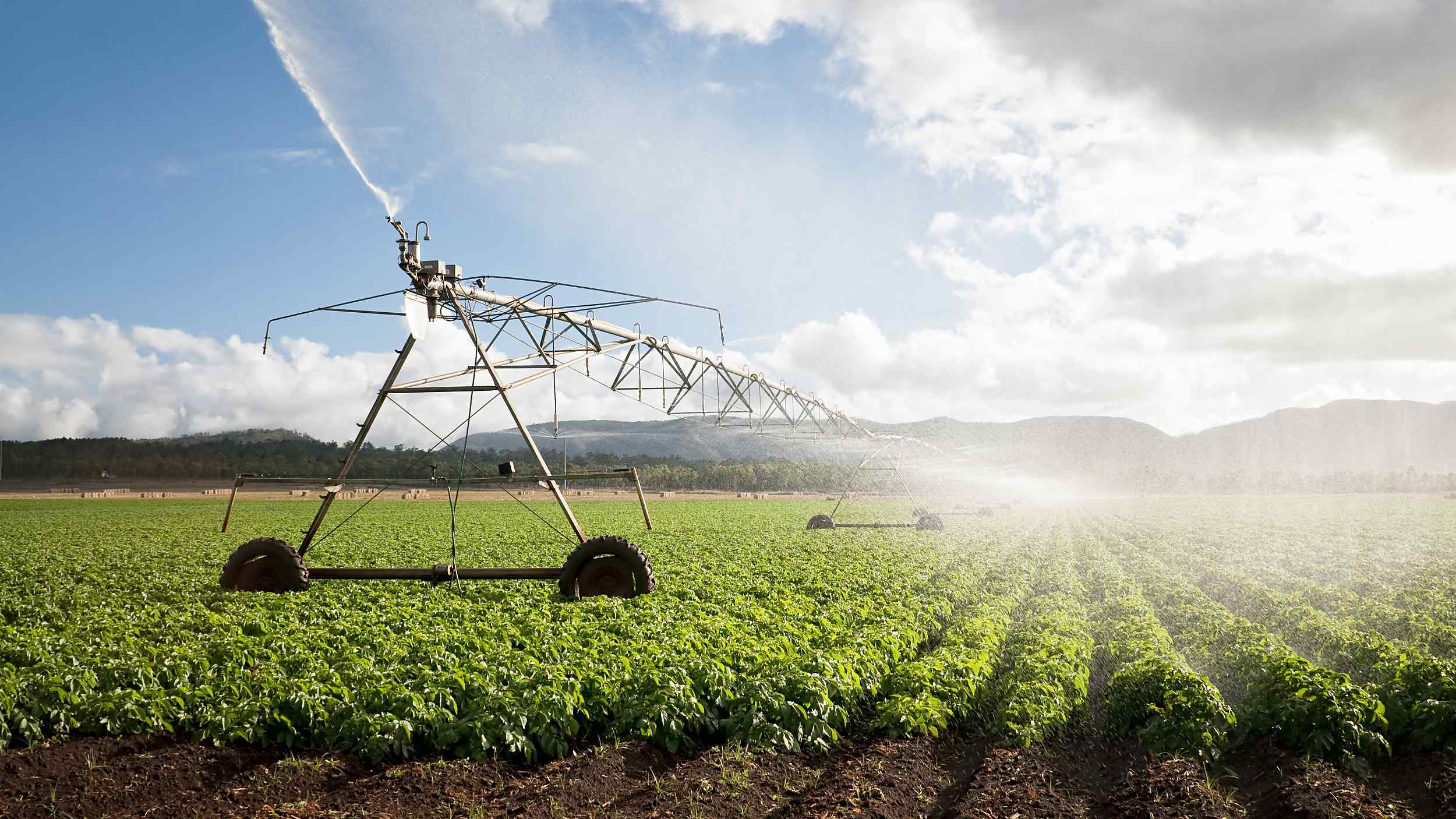
From the People's Daily App.
This is Story in the Story.
The Ministry of Water Resources is considering rolling out a series of major water conservancy projects with a total investment of over 1 trillion yuan ($140 billion) to help cushion the negative economic impact from the novel coronavirus.
The number of projects that could be launched this year is in the dozens and is expected to exceed 100 over the next three years, said Shi Chunxian, head of project planning at the ministry.
The majority of such major projects have been considered for years. "There are conditions for accelerating construction, but they will not result in excess production capacity," he noted.
Local governments have also been proactive in getting these projects underway, he added.
Today’s Story in the Story looks at how China is determined to play a more important role in the critical field of global agricultural innovation.

Miyun Reservoir, a crucial water source for Beijing, has seen elevated water levels in the past few years thanks to the South-to-North Water Diversion Project. (Photo: CHINA DAILY)
Aside from enhancing the country's infrastructure, Shi said these projects could create employment and boost economic development, considering the widespread benefits they will bring.
Every 100 billion yuan of investment in major water conservancy projects could drive GDP growth by 0.15 percentage points and add 490,000 job opportunities, he said, citing a research report from the Academy of Macroeconomic Research under the National Development and Reform Commission.
He said the ministry will ramp up preparation work for these projects and make efforts to create favorable conditions to pave the way for their launch.
Wang Shengwan, chief of water conservancy construction at the ministry, said the country has seen most of its major water conservancy projects launched before the Spring Festival holiday resume construction despite hindering factors from the epidemic outbreak.
Construction on 101 such major projects has resumed. Those left are in regions still enveloped by freezing weather in Northeast and Northwest China, he noted.
"We planned to resume construction on 100 of the projects by the end of March. So far, we are ahead of schedule," he said.
Almost 100,000 workers are now employed in these projects, he said, adding that 33 of the projects are forging ahead at full steam.
Without disclosing the number of medium and small reservoir projects that began before the holiday break, Wang said 90 percent of them have resumed construction.
"No infections of workers have been reported in these projects. The work safety situation has been stable following the resumptions," he continued.

Irrigation nowadays is more like an art of how to efficiently use every drop of water. (Photo: VCG)
Creating a sustainable agricultural future is a key goal of Chinese authorities, and water conservation is crucial to those efforts.
Crops can't grow without water and saving water is a key goal for farmers all over the world. In the past, irrigation focused mainly on providing enough water but these days, irrigation is more like an art of how to efficiently use every drop of water.
Unbalanced and insufficient water availability is the core issue that restricts China's agricultural development, and water-saving technology can solve the problem for agricultural production.
Scientists have figured out how to adjust water, fertilizer, light and heat. Through an irrigation system and intelligent software platform, they can control these unstable elements. Agricultural production doesn't need to rely on natural weather anymore.
In China, drip systems often mix liquid fertilizer with irrigation water, called fertigation. It saves not only water and fertilizer, but also labor costs.
A more advanced way is combined with the Internet of Things. By detecting water, the water circulation system ensures an appropriate fertilizer amount in water coming in. A few clicks on the mobile app, and you'll get automatic fertigation any time you want.
The Chinese minister of agriculture says farming is traditionally considered a hard job, but with progress in science and technology, it will become more attractive.
With increasing research and development funding, technology has flourished in China's agricultural sector.
(Produced by Nancy Yan Xu, Brian Lowe, Lance Crayon and Da Hang. Music by bensound.com. Text from China Daily and CGTN.)


